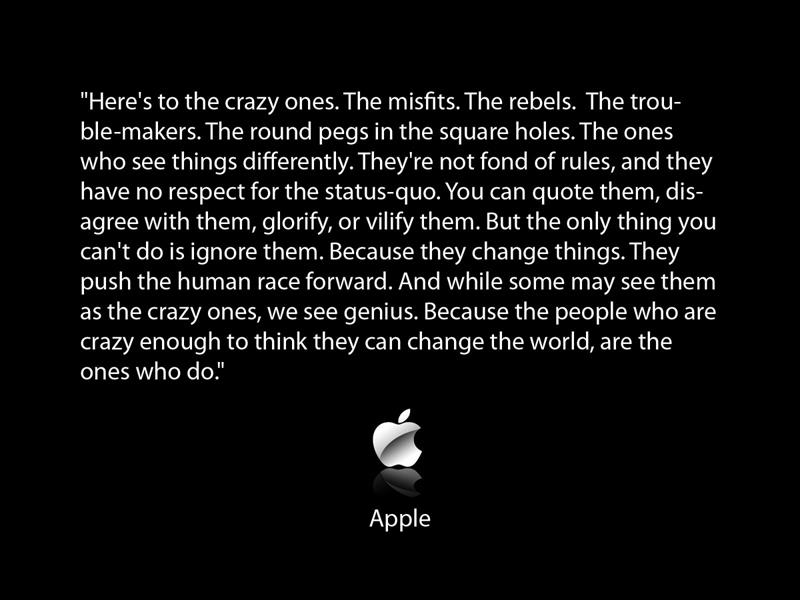Positive Leadership Limited is a strategic leadership and corporate finance advisory firm. We use our considerable experience to provide unique perspectives and innovative solutions which help corporate leaders unlock maximum value from complex business challenges. There is no dress rehearsal for delivering answers to critical business challenges. When you are under intense pressure to succeed, we help deliver the vitally important marginal gains which let your business excel and win.
Friday, June 29, 2012
Positive Leadership: Great Mentors
Thursday, June 28, 2012
Positive Leadership: What Great CEO's Do Well
Positive Leadership: What Great CEO's Do Well
Positive Leadership: You Don't Get to Choose the Role You Play
Small, is an Olympic athlete and co-founder of the Canadian Women’s Hockey League.
Positive Leadership: You Don't Get to Choose the Role You Play
Wednesday, June 27, 2012
Tuesday, June 26, 2012
Positive Leadership: Act Like an Optimist
Try it! But not just once...try it again and again and again until it becomes a habit. Then this "simple trick" will stop being a trick and become a part of who you are.
Here's to your success!
Positive Leadership: Act Like an Optimist

Monday, June 25, 2012
Positive Leadership: Visualisation as a Tool for Peak Performance
Positive Leadership: Visualisation as a Tool for Peak Performance
Friday, June 22, 2012
Thursday, June 21, 2012
Positive Leadership: The Power of Pause
Positive Leadership: The Power of Pause
Wednesday, June 20, 2012
Positive Leadership: Controlling Your Mind Through Positive Intelligence
Positive Leadership: Controlling Your Mind Through Positive Intelligence
Tuesday, June 19, 2012
Positive Leadership: The Power of Teamwork
This powerful and compelling video explores the essence of teamwork and reinforces the key principles embraced by the ultimate performance team: the US Navy Blue Angels.
Positive Leadership: The Power of Teamwork

Monday, June 18, 2012
Positive Leadership: With Hard Work Anyone Can Be Brilliant!
Positive Leadership: With Hard Work Anyone Can Be Brilliant!

Friday, June 15, 2012
Positive Leadership: Anything Is Possible!
Positive Leadership: Anything Is Possible!

Thursday, June 14, 2012
Positive Leadership: Roger Federer and Mental Toughness
Positive Leadership: Roger Federer and Mental Toughness
Wednesday, June 13, 2012
Positive Leadership: Changing Your Mindset
She discussed her recent research as part of a briefing for nonprofit and corporate leaders at "The Science of Getting People to Do Good" conference at the Center for Social Innovation of the Stanford Graduate School of Business.
Positive Leadership: Changing Your Mindset
Tuesday, June 12, 2012
Positive Leadership: Why Feedback?
- Human beings are intentional animals.
- Embedded self-disclosure.
- Builds relationship.
- Pinches before crunches.
- Promotes intellectual honesty.
- Key to development.
Positive Leadership: Why Feedback?
Monday, June 11, 2012
Positive Leadership: Excellence Under Pressure
Success in sport can often hinge on how much a team wants to win and in high stakes situations mental toughness can play a crucial role.
Positive Leadership: Excellence Under Pressure
Friday, June 08, 2012
Positive Leadership: Success for the Successful: The Kobe System
Positive Leadership: Success for the Successful: The Kobe System
Thursday, June 07, 2012
How Positive Leadership Can Help You: Building Leadership Strength is a Business Imperative
- Selection – we focus on identifying and developing leaders in critical roles at all levels of the organisation
- Alignment – we continuously align development efforts with distinct business challenges and goals
- Efficiency – we utilise the most efficient ways to build and deliver learning solutions
- Effectiveness – we consider the overall business impact beyond the classroom or course, and implement development approaches that reinforce sustainable, and transformational, behaviour change.
- Our knowledge
- Our experience
- Our commitment to helping you achieve the results you want, and need.
How Positive Leadership Can Help You: Building Leadership Strength is a Business Imperative
Wednesday, June 06, 2012
Positive Leadership: The Olympic Spirit - Never Quit!
Positive Leadership: The Olympic Spirit - Never Quit!
Tuesday, June 05, 2012
Positive Leadership: Hard Work Pays Off!
For example: Simply hitting a bucket of balls is not deliberate practice, which is why most golfers don't get better. Hitting an eight-iron 300 times with a goal of leaving the ball within 20 feet of the pin 80% of the time, continually observing results and making appropriate adjustments, and doing that for hours every day - that's deliberate practice.
Tiger Woods is a textbook example of what the research shows. Because his father introduced him to golf at an extremely early age - 18 months - and encouraged him to practice intensively, Woods had amassed at least 15 years of practice by the time he became the youngest-ever winner of the U.S. Amateur Championship, at age 18. Also in line with the findings, he has never stopped trying to improve, devoting many hours a day to conditioning and practice, even remaking his swing twice because that's what it took to get even better.
The result? Here is the video of Tiger Woods's dramatic chip-in for birdie on the 16th hole in the final round of the recent Memorial Tournament. Woods went on to win by two shots and tie Jack Nicklaus with 73 career PGA Tour victories.
Positive Leadership: Hard Work Pays Off!

Monday, June 04, 2012
Positive Leadership: Values Ground an Organisation
Positive Leadership: Values Ground an Organisation
Friday, June 01, 2012
Positive Leadership: Five Management Lessons from Olympic Athletes
Positive Leadership: Five Management Lessons from Olympic Athletes























